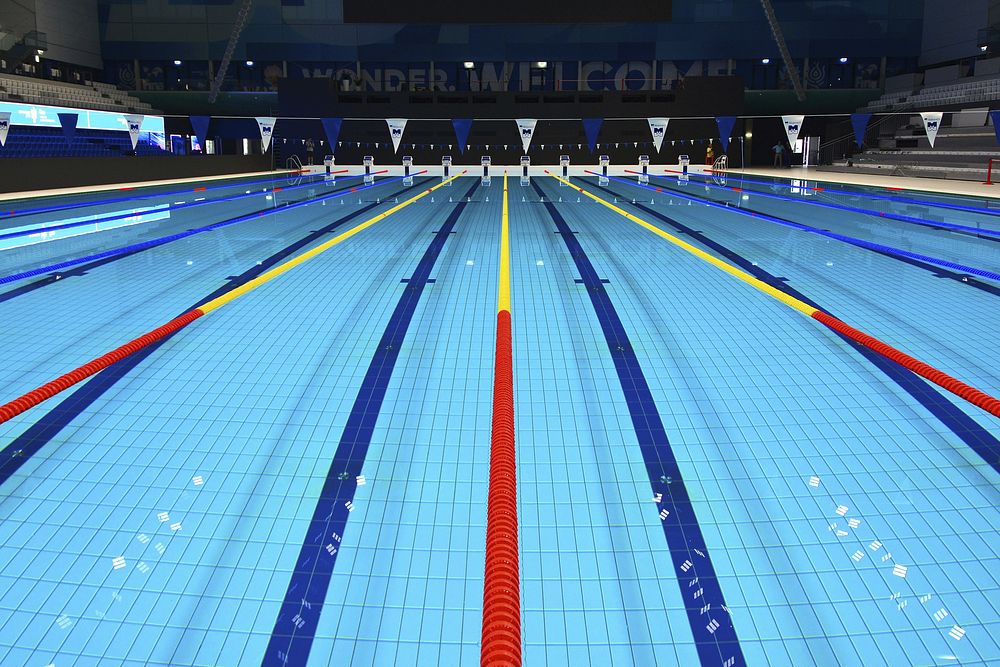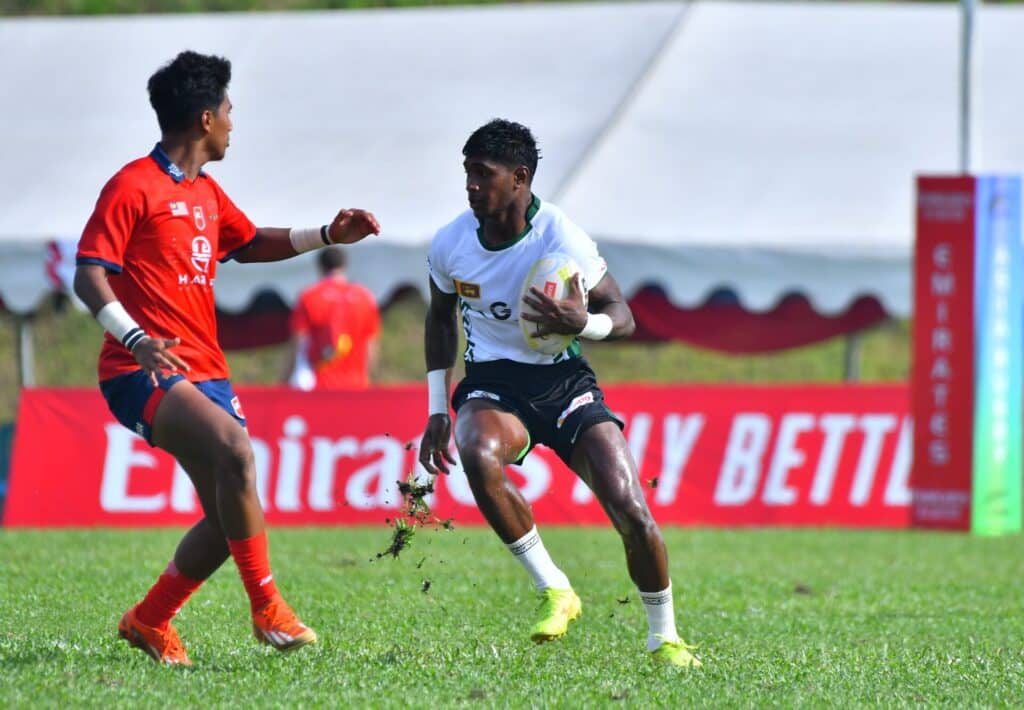Swimming Australia’s governance overhaul secures sport’s future

Swimming Australia has averted a potential governance crisis through the approval of constitutional reforms during a special general meeting held on Friday.
The voting members of Swimming Australia showed overwhelming support, with an 8-1 majority in favour of adopting a new constitution. This new constitution aligns with the governance standards set by World Aquatics (AQUA) and the Australian Sports Commission (ASC) and was also endorsed by the Swimming Australia board.
The significance of this resounding vote cannot be understated, as it ensures that Swimming Australia remains in good standing with the sport’s global governing body, eliminating the looming threat of expulsion.
The new constitution, set to take effect following the annual general meeting next Wednesday, carries the aim of promoting greater representation and inclusivity within the sport. It also prioritises the involvement of athletes and coaches in the decision-making process.
“Swimming Australia’s new constitution introduces a range of reforms aimed at delivering a more stable overall environment for the sport and better outcomes from the grassroots and community level through to high-performance,” a Swimming Australia statement read.
This overhaul introduces an athletes’ commission that will nominate candidates for the Swimming Australia board’s athlete director position. The number of members with voting rights will be increased, a formal vice president role will be introduced, while the proportion of votes required for a director to be appointed as president will also see an adjustment.
Swimming Australia’s board had urgently urged its nine members, comprising seven state organisations, the Australian Swimmers Association, and the coaches and teachers’ association, to adopt these amendments. Failure to do so would have put Swimming Australia at risk of suspension or expulsion from World Aquatics. AQUA could have even established a stabilising committee, effectively taking control of the federation and governing the sport in Australia.
This development is the latest chapter in a prolonged saga of governance and leadership challenges that have plagued the sport in recent years. With a high turnover of board members, Swimming Australia has seen four different chief executives since 2017. Steve Newman currently holds the interim position, following Eugenie Buckley’s departure after just 18 months earlier this year.
The organisation has also been forced to confront issues related to a toxic culture within the sport, following an independent review. Swimming Australia faced financial setbacks when Gina Rinehart’s Hancock Prospecting Swimmers Support Scheme, a major source of funding for many years, was terminated in September 2021. This move was prompted by concerns about late payments to athletes and disagreements over access to accounting records and a potential board seat for Hancock Prospecting.
“During the re-negotiation process it was clear a number of Hancock Prospecting’s terms, including the mandating of board and executive positions, were not capable of acceptance,” a Swimming Australia was quoted by the Daily Telegraph as saying.
Rinehart argued that ensuring funds were directed to athletes was a reasonable expectation for a sports sponsor and that her involvement was hardly an interference with the board.
Since the 2021 split, Rinehart has continued to support nearly 100 swimmers through funding channelled via Swimming Queensland, one of Swimming Australia’s member associations.
Despite these challenges, Swimming Australia is set to receive over $14 million in federal government funding for the 2023-24 period, primarily directed towards high-performance initiatives. The Australian swimming team achieved record medal success at the 2021 Tokyo Olympics and dominated the medal table at this year’s world championships in July. There is optimism for another strong showing at the upcoming Olympics, with assurances that the governance changes will not impact Australian athletes at global events.
Josephine Sukkar, Chair of the Australian Sports Commission, reaffirmed the ASC’s commitment to supporting swimmers and coaches as they prepare for the Paris Games.
“The changes to Swimming Australia’s constitution provides athletes with an unprecedented voice at the board table to ensure current and future swimmers can enjoy swimming in a safe and supported environment,” Sukkar said.
It's free to join the team!
Join the most engaged community in the Sports Business World.
Get all the latest news, insights, data, education and event updates.






